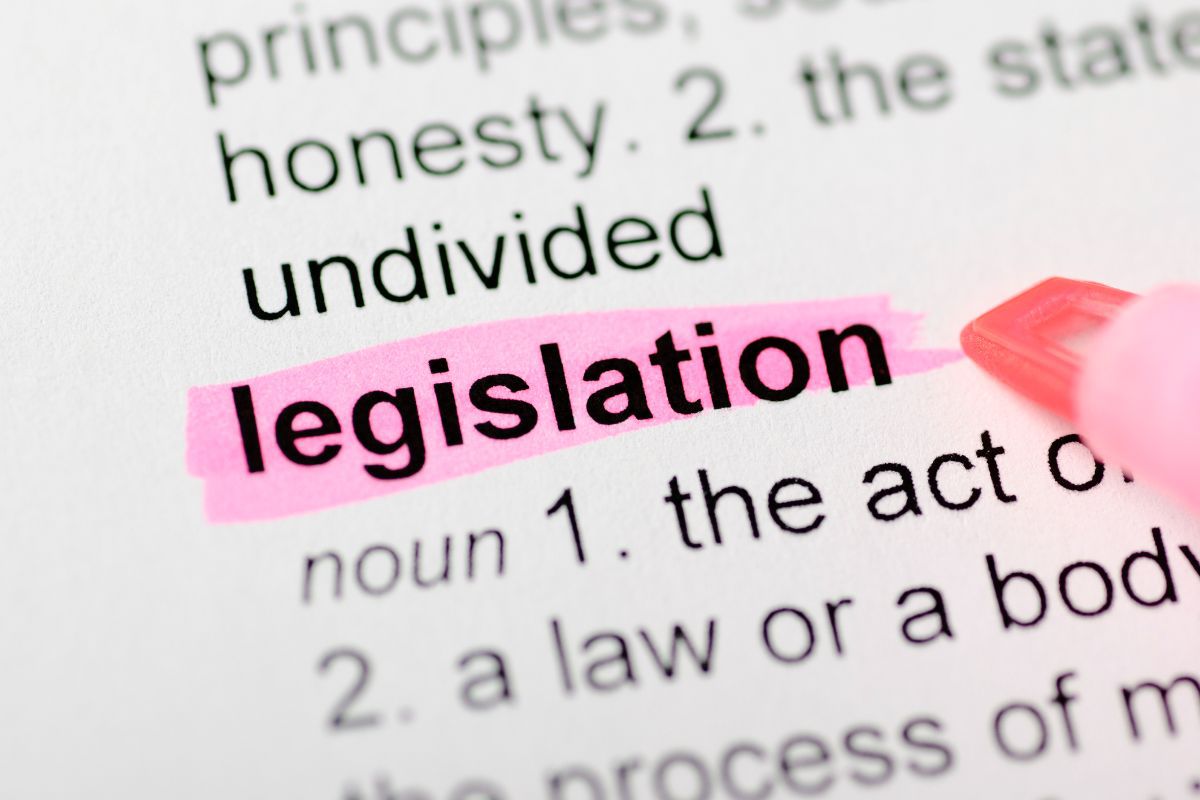Rep. Maxine Waters, D-California, recently introduced H.R. 8833, the Making Communities Stronger Through the Community Reinvestment Act. The purpose of this legislation is to update the Community Reinvestment Act (CRA). As a result, the legislation may delay pending proposals by federal banking authorities to update current CRA regulations.
One emphasis of the revisions concerns banks’ CRA exams. The legislation would create mandatory advisory committees in each market where the bank is located, thus providing local communities greater input into CRA exams and activities. The number and location of these advisory committees depend on whether the bank has assets of more or less than $2 billion. Bank executives must meet with these committees quarterly and when a bank proposes certain transactions. At these meetings, the bank and the committees must address issues including credit and deposit needs of low and middle-income individuals, underserved communities, persons with disabilities, LBGTQ+ communities, and 27 specified racial and ethnic communities.
The bill also would require CRA exams to evaluate bank lending done in partnerships with nonbanks and fintechs. Banks also would receive credit for community service and charity work. However, banks with assets over $2 billion would not receive credit for these activities unless they comply with specific reporting requirements and the activities meet various criteria.
Another major focus of H.R. 8833 is to address so-called “redlining” by financial institutions to close racial wealth and homeownership gaps. The first section of the bill acknowledges that one reason for these disparities is historically unequal access to credit due to the racial composition of an area, as perpetuated by lenders. To that end, the bill would encourage lenders to offer mortgages of less than $100,000, primarily to low and moderate-income individuals. Banks also would have to better record data to identify existing discrimination or racial disparities. The legislation also creates a pathway to consider data concerning discrimination and racial discrimination on future CRA exams.
H.R. 8833 would expand the legal violations that could affect CRA ratings. For example, under the amended CRA, “any violation” of a federal or state law, no matter whether the violation is related to the extension of credit, would result in a negative mark on the lender’s CRA performance evaluation. In addition, any evidence of “discriminatory or other illegal credit practices” would result in negative consideration.
Allow Savage & Associates to Help You Develop Your Vision
We are an economic development law firm dedicated to offering complex and innovative legal and transactional advice to developers, investors, nonprofit organizations, entrepreneurs, and changemakers. We are not a traditional law firm. Instead, we are a small boutique law firm that focuses on what you need to develop the strategies necessary to impact communities.
We have worked with clients to obtain all types of tax credits and other government programs to finance the revitalization of communities. Savage & Associates has handled over a billion dollars in New Markets Tax Credit financing transactions and more than 300 commercial real estate closings. As a result, we know how to leverage the available tax credit tools to transform your communities.
Contact our offices by calling 215.880.9441 in Philadelphia or 202.817.3941 in Washington, D.C., to discuss your ideas. You also can find out more about our services online. We look forward to working with you to build your communities through traditional and alternative investment mechanisms based on your individual needs.
